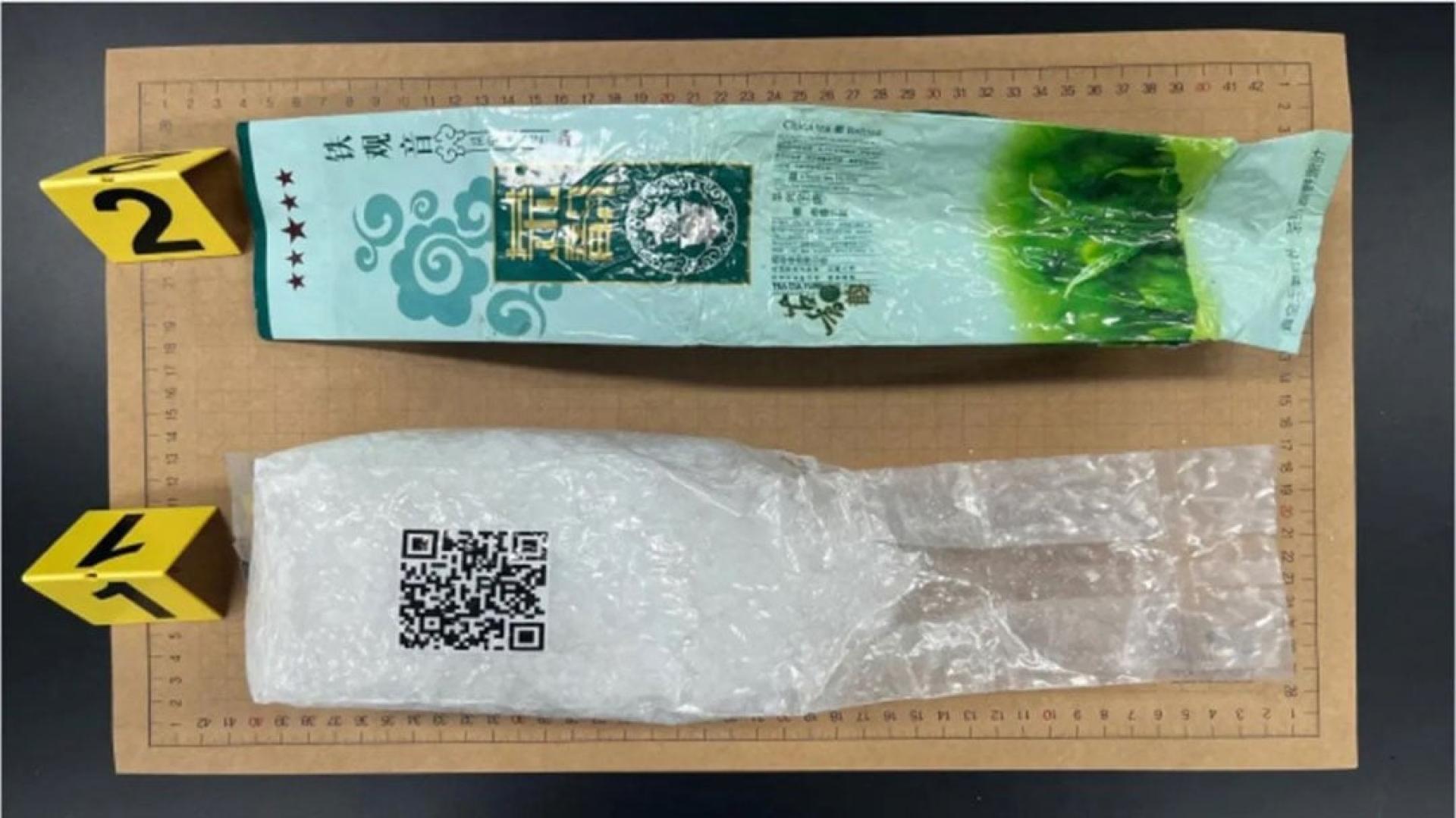South Korea has discovered 'tea bag drugs' for the first time. Recently, residents of Jeju Island, a popular tourist destination, have repeatedly found small packets of Chinese tea washed up on the shore. Upon opening, not a single tea leaf was found; instead, the packets contained ketamine—a drug classified as illegal under Korean law (commonly known as 'K'). From September 29 to November 12, at least 12 such cases have been recorded, totaling 31 kilograms—enough for 1.03 million people to consume simultaneously, a number far exceeding Jeju Island's entire population. It is unprecedented to see such a large, concentrated quantity of drugs found across the island in such a short time.
The source of these 'fake tea bags' remains a mystery. Drifting patterns suggest they may originate from Southeast Asia, but due to a lack of physical evidence, authorities are waiting to use 'drug fingerprinting' to analyze their provenance.
According to comprehensive reports from Korean media, over the past 50 days, residents across multiple coastal areas of Jeju Island have found foil sachets bearing Chinese characters. The surface is labeled with simplified Chinese such as 'Tea,' 'Oolong Tea,' and 'Tieguanyin,' but they actually contain ketamine.
So far, the largest single seizure occurred on October 15, when a beach cleaner in Seogwipo, a city on the island's southwest, discovered a 'large package' of tea bag drugs weighing 20 kilograms; other cases involved 1-kilogram packets. The most recent case was on November 12, when an environmental worker on Udo, a small island off Jeju's northeast coast, found a packet labeled 'Tieguanyin' containing about 1 kilogram of suspicious substance, likely also drugs.
These tea bags can float on water. Jeju's narcotics authorities believe they likely drifted to the island via ocean currents. Besides current patterns, Ketamine disguised as tea packs was also seized in Cambodia in April, so investigators believe they may have originated from Southeast Asia. The Korea Coast Guard has already requested cooperation from seven countries, including Japan and the United States.
This week, authorities formed an investigation team of over 800 members, including military police, coast guard, government agencies, customs, intelligence units, environmental agencies, and volunteer groups. The current focus is patrol and checks near Jeju City on the island's north coast, especially in three areas where marine debris accumulates due to currents, including around Jeju Port. Authorities have deployed sniffer dogs, patrol boats, and underwater drones to assist, and the search is expected to continue for at least 1 to 2 weeks. Officials warn that upon finding suspicious packages on the beach, people should report immediately and avoid touching or opening them, as possessing or trafficking drugs is illegal.
● Insufficient Evidence Leaves Origin Unknown
Coast guard authorities explained that, besides Jeju Island, similar 'tea bag drugs' have been found in Pohang, a city in southeastern Korea, and on Tsushima Island, southeast off the Korean Peninsula and part of Japan. No hair, fingerprints, DNA, or other traces have been found on the packaging. Due to insufficient evidence, the investigation has stalled. Results from chemical analysis—expected within two months—may be able to identify the probable place of origin based on molecular structure and composition method using 'drug fingerprinting.'
